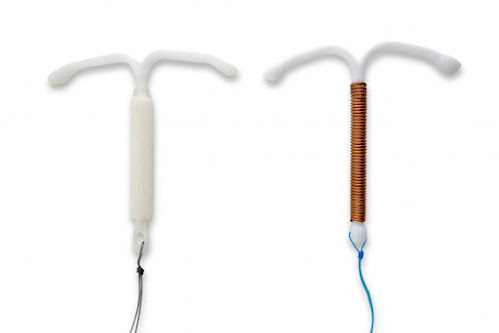What Are the Age Restrictions for Male Circumcision in Dubai?
Male circumcision, a surgical procedure involving the removal of the foreskin covering the head of the penis, holds significant cultural, religious, and medical importance in various parts of the world. While the practice is widespread, age restrictions for circumcision can vary depending on cultural norms, religious beliefs, and legal regulations. In the context of Dubai, a diverse and cosmopolitan city, understanding the age restrictions for male circumcision is essential for residents and visitors alike.
Understanding Male Circumcision
Male Circumcision in Dubai has been practiced for centuries and is performed for various reasons, including religious adherence, cultural tradition, and perceived health benefits. The procedure involves the surgical removal of the foreskin, which covers the head of the penis. It is often considered a rite of passage or a symbol of religious identity in many cultures.
Male Circumcision in Dubai
Dubai, a global city known for its cultural diversity, is home to people from various ethnic and religious backgrounds. While male circumcision is not mandated by law in Dubai, it is a common practice among certain communities, particularly those of Islamic faith. The decision to circumcise a male child is often influenced by cultural norms and religious beliefs rather than legal requirements.
Age Restrictions for Male Circumcision
The age at which male circumcision is performed can vary depending on cultural traditions and individual preferences. In Dubai, there are no strict legal regulations regarding the age for circumcision. However, it is typically performed during infancy or early childhood, often within the first few weeks or months of life. This aligns with the Islamic tradition of performing circumcision during the early years of a boy's life.
Factors Influencing Age Restrictions
Several factors influence the age at which male circumcision is performed, including medical considerations, cultural practices, and religious beliefs. In Dubai, the decision may be influenced by a combination of these factors, with parents considering both the health benefits of circumcision and the cultural significance attached to the procedure.
Health Benefits and Risks
Proponents of male circumcision cite various health benefits, including reduced risk of urinary tract infections, sexually transmitted infections, and penile cancer. However, the procedure also carries potential risks and complications, such as bleeding, infection, and decreased sensitivity. Parents considering circumcision for their child should weigh these factors and consult with healthcare professionals to make an informed decision.
Parental Consent and Decision-making
In Dubai, as in many other regions, the decision to circumcise a male child is typically made by the parents. While cultural and religious factors may influence this decision, it is essential for parents to consider the child's well-being and seek medical advice before proceeding with the procedure. Informed consent and ethical considerations play a crucial role in the decision-making process.
Seeking Medical Advice
Parents who are considering Male Circumcision for their child are encouraged to consult with healthcare professionals to address any concerns or questions they may have. Pediatricians, urologists, or other medical specialists can provide information about the procedure, its potential benefits and risks, and alternative options. Open communication with healthcare providers is key to making informed decisions regarding circumcision.
Alternative Practices and Views
While male circumcision is a common practice in many cultures, there are also alternative rituals or procedures that some families may consider. These may include non-surgical methods or ceremonies that symbolize the transition to adulthood. It's essential to respect diverse cultural perspectives and engage in constructive dialogue when discussing circumcision and related practices.
Community Support and Resources
For parents seeking information and support regarding male circumcision, there are various resources available in Dubai. Community organizations, religious institutions, and healthcare providers may offer educational materials, counseling services, or support groups to assist families in making informed decisions about circumcision. Access to reliable information and support can help alleviate concerns and ensure that parents feel empowered to make the best choice for their child.
Conclusion
Male circumcision is a complex issue influenced by cultural, religious, and medical factors. In Dubai, where cultural diversity is celebrated, understanding the age restrictions for circumcision is essential for residents and visitors alike. While there are no strict legal regulations regarding the age for circumcision, the decision is often guided by cultural norms, religious beliefs, and individual preferences. Parents considering circumcision for their child should weigh the potential benefits and risks, seek medical advice, and make an informed decision based on what is best for their family.



Comments
Post a Comment